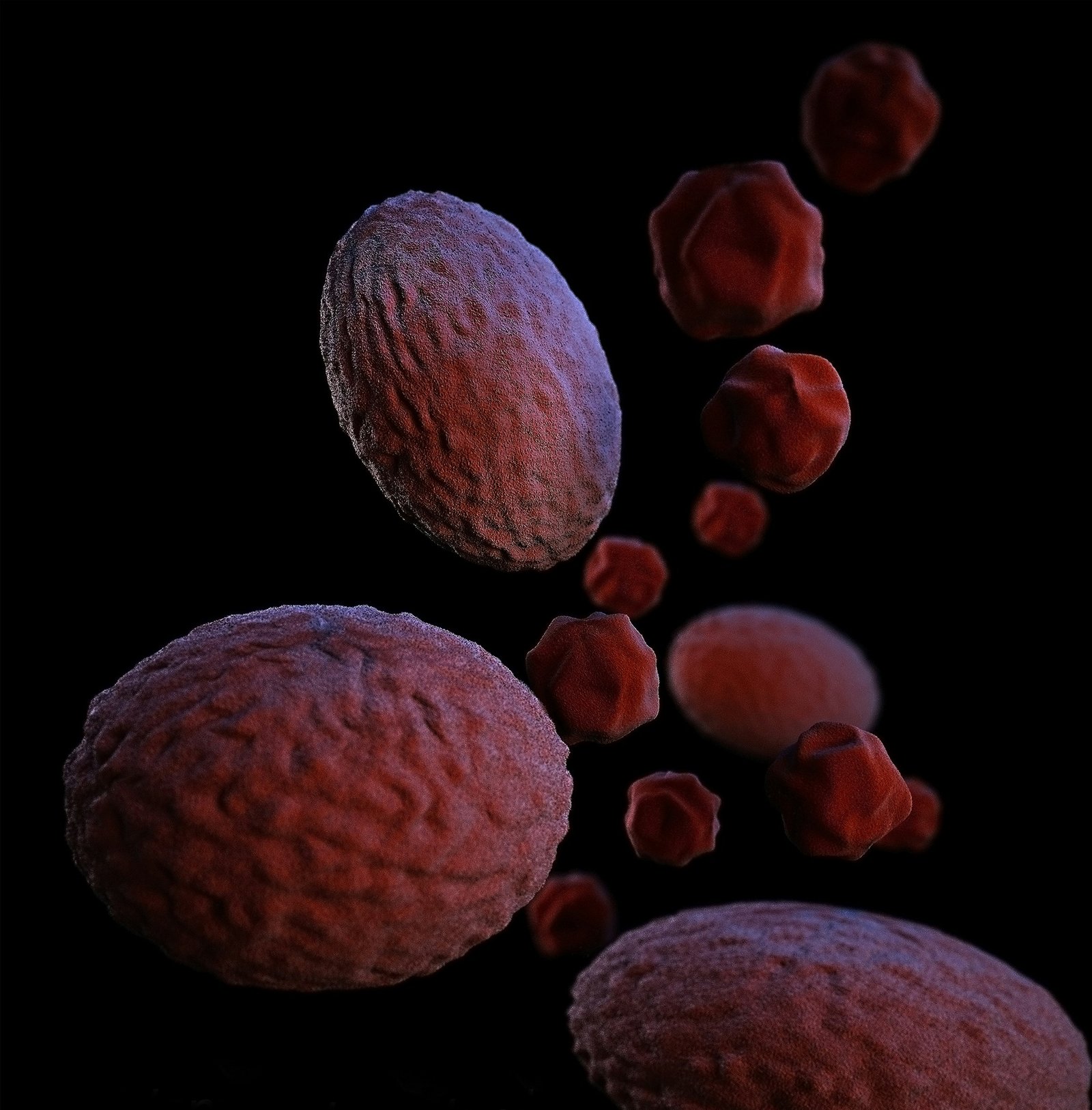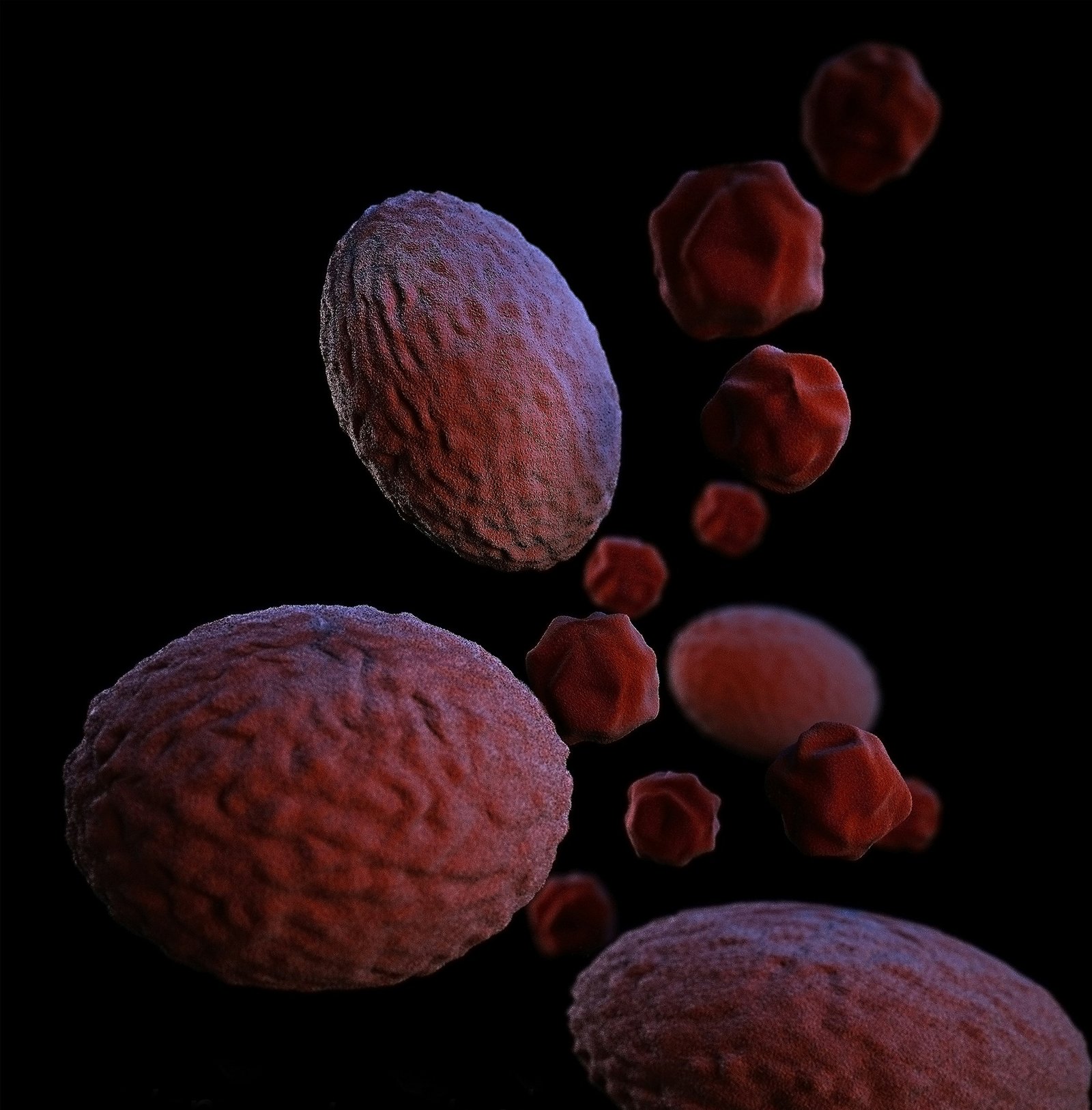Fatty liver disease is a condition characterized by the accumulation of fat in the liver. It is commonly associated with excessive alcohol consumption, but there is another form of the disease called non-alcoholic fatty liver disease (NAFLD) that is not related to alcohol consumption.
Recent research has shown that gut health may play a significant role in the development and progression of fatty liver disease. The gut microbiome, which is the collection of microorganisms that live in our intestines, has been found to have a direct impact on liver health.
The Gut-Liver Axis
The gut and the liver are closely connected through what is known as the gut-liver axis. This axis allows for the bidirectional communication between the gut and the liver, influencing various physiological processes.
One of the key ways in which the gut microbiome affects liver health is through the production of short-chain fatty acids (SCFAs). SCFAs are produced by certain gut bacteria during the fermentation of dietary fibers. These SCFAs have been shown to have anti-inflammatory effects and can help protect the liver from damage.
The Impact of Gut Dysbiosis
Gut dysbiosis refers to an imbalance in the gut microbiome, where harmful bacteria outnumber beneficial bacteria. This imbalance can lead to increased intestinal permeability, also known as leaky gut syndrome.
When the gut becomes leaky, harmful substances such as bacterial toxins and undigested food particles can enter the bloodstream. These substances can then reach the liver and trigger an immune response, leading to inflammation and liver damage.
Research has shown that individuals with NAFLD have a different composition of gut bacteria compared to those without the disease. Specifically, there is a decrease in beneficial bacteria and an increase in harmful bacteria in individuals with NAFLD.
The Role of Diet and Lifestyle
Diet and lifestyle factors play a crucial role in maintaining a healthy gut microbiome and preventing fatty liver disease. A diet high in processed foods, sugar, and saturated fats can promote the growth of harmful bacteria in the gut and contribute to liver damage.
On the other hand, a diet rich in fruits, vegetables, whole grains, and lean proteins can promote the growth of beneficial bacteria and support liver health. Regular exercise and stress management techniques, such as meditation and yoga, can also help maintain a healthy gut microbiome.
Treatment and Prevention
Addressing gut health is becoming an important aspect of the treatment and prevention of fatty liver disease. Probiotics, which are beneficial bacteria, can be taken as supplements to restore the balance of gut bacteria.
In addition to probiotics, prebiotics can also be beneficial. Prebiotics are dietary fibers that serve as food for the beneficial bacteria in the gut. They can be found in foods such as onions, garlic, bananas, and oats.
Furthermore, lifestyle modifications such as adopting a healthy diet and engaging in regular physical activity can help improve gut health and reduce the risk of fatty liver disease.
Conclusion
Gut health plays a significant role in the development and progression of fatty liver disease. The gut microbiome and its impact on liver health through the gut-liver axis are areas of active research.
By maintaining a healthy gut microbiome through a balanced diet, regular exercise, and stress management, individuals can reduce the risk of fatty liver disease and promote overall liver health.




